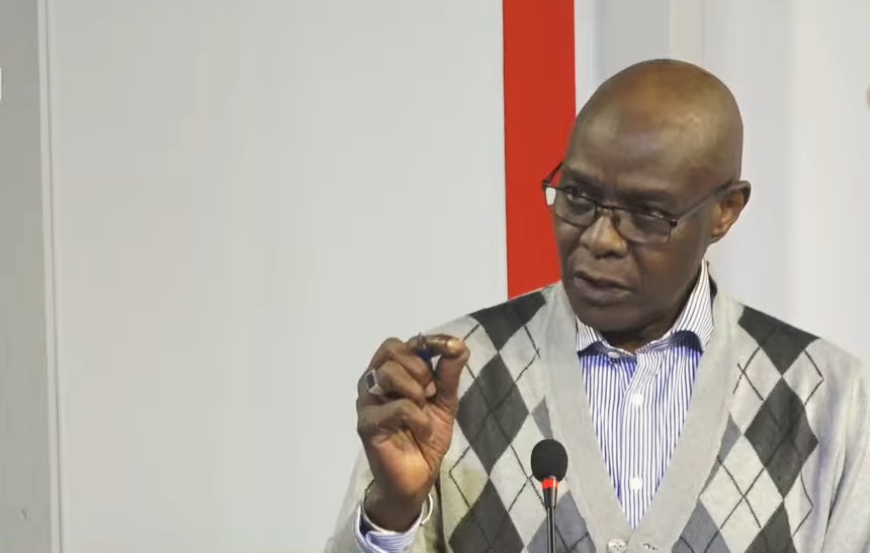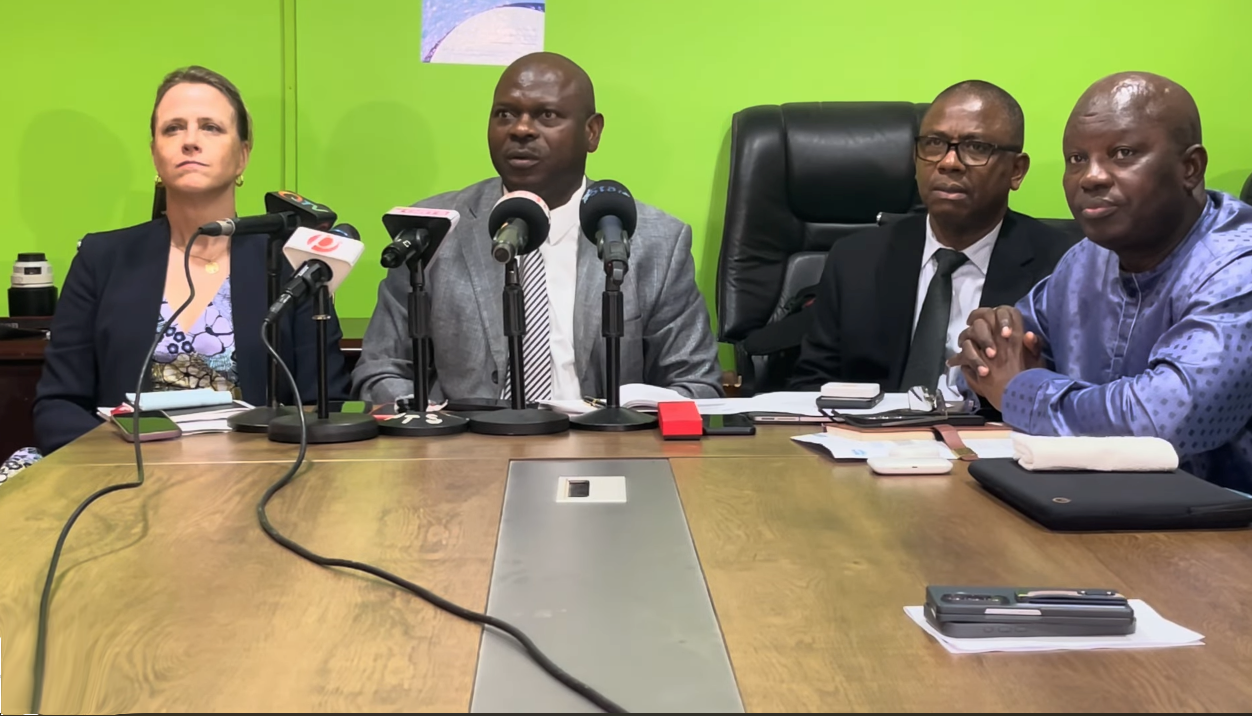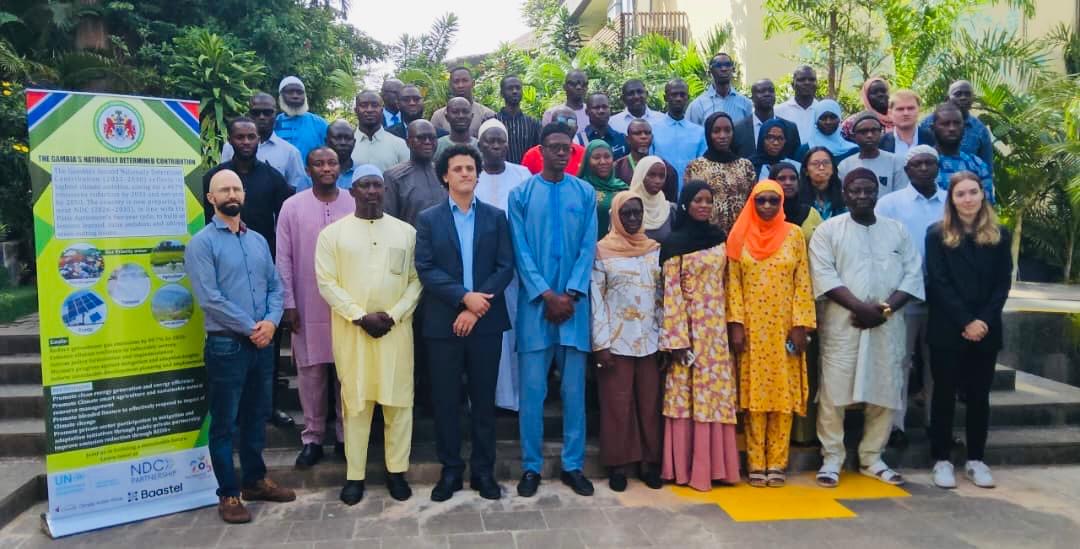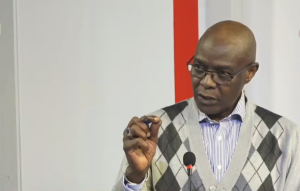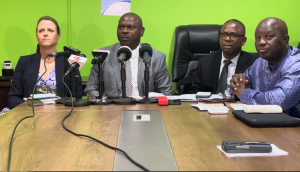Gambiaj.com – (BANJUL, The Gambia) – The International Monetary Fund (IMF) has called on the Gambian government to exercise strict expenditure restraint and fiscal responsibility in the 2026 election year, warning that sustained consolidation is critical to addressing the country’s high debt levels and developmental needs.
At the conclusion of a two-week mission in Banjul, IMF mission chief Eva Jenkner emphasized that while The Gambia’s economy is showing signs of strong recovery, the government must avoid excessive spending as the country heads into a politically sensitive year.
“While reaching 80 percent of GDP in 2024, public debt is still deemed sustainable. However, vigorously pursuing fiscal consolidation and maintaining strong revenue performance, expenditure restraint, and fiscal responsibility in the 2026 election year and beyond will be crucial,” Jenkner stated.
The IMF also delivered a firm message to the Central Bank of The Gambia (CBG), urging it to concentrate on its primary mandate of price stability and financial sector resilience.
The Fund said the bank should “cease any financial assistance, whether directly or indirectly through third parties, to the public sector,” underscoring that the revised CBG Act must enshrine these principles.
The warning comes as the CBG continues to guide inflation downwards after it peaked at 18.5 percent in September 2023. Inflation had eased to 7.6 percent by August 2025, still above the 5 percent target but showing progress.
The IMF stressed that monetary policy should remain focused, with foreign exchange interventions limited only to mitigating excessive volatility and building reserves.
Despite these cautions, the Fund commended The Gambia for its stronger-than-expected fiscal performance in 2025. Tax revenues outpaced projections, current expenditure was lower than anticipated, and the overall fiscal deficit target for the year remains within reach.
Six out of seven quantitative performance criteria and all indicative targets were met under the country’s Extended Credit Facility (ECF) arrangement, alongside progress on structural benchmarks.
The staff-level agreement reached in Banjul paves the way for the IMF Executive Board, expected to meet in December, to approve the fourth review of the 36-month ECF program.
If approved, The Gambia will access an additional SDR 12.44 million (about US$17.1 million), bringing total disbursements under the facility to US$68.2 million.
The IMF also reported progress under the Resilience and Sustainability Facility (RSF), which supports climate resilience reforms. With several measures already completed, total disbursements under the RSF now stand at about US$21.3 million.
On governance, the Fund welcomed The Gambia’s plans to operationalize the Anti-Corruption Commission, saying it would mark an “important milestone” in strengthening transparency and creating a better environment for private investment-led growth.
The IMF mission held discussions with Finance Minister Seedy Keita, Justice Minister Dawda Jallow, CBG Governor Buah Saidy, GRA Commissioner General Yankuba Darboe, and National Auditor General Cherno Sowe, as well as the private sector, civil society, and development partners.



